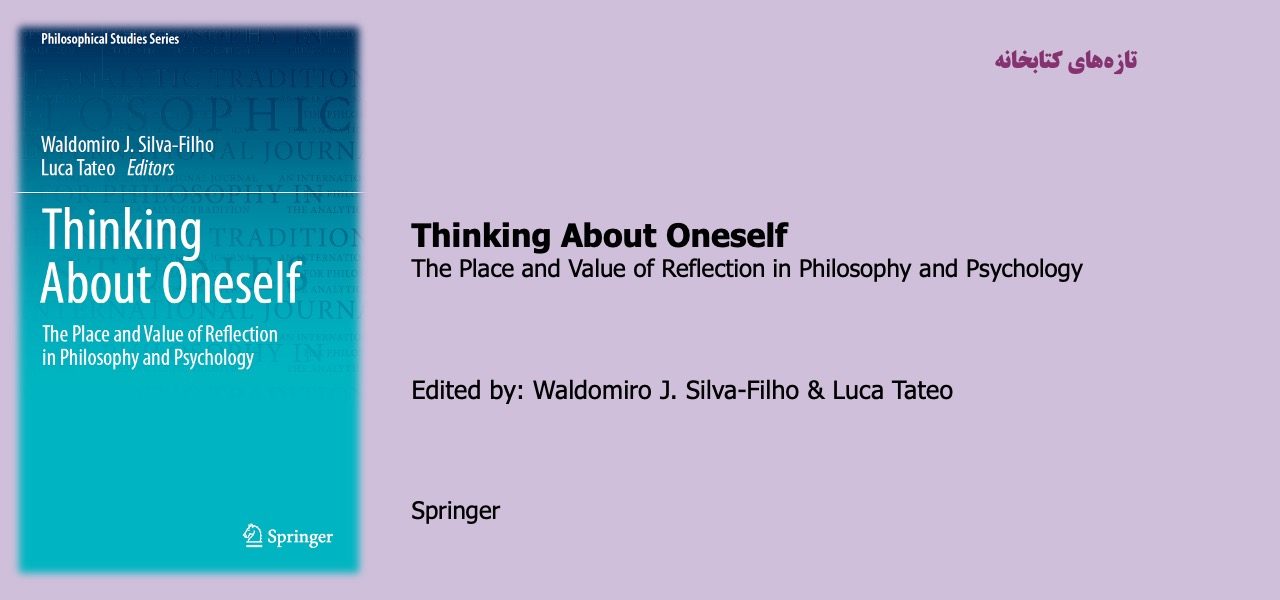Thinking About Oneself

The Place and Value of Reflection in Philosophy and Psychology
Since the famous passage in which Socrates (Plato 1997 [38a5-6]) says that the unexamined, and therefore non-reflected, life is not worth living, “reflection” has been a diffuse and iterant term in ethics, moral philosophy, epistemology, political philosophy (Tiberius 2008; Skorupski 2010), but also in psychology (Marsico et al.2015). This volume opens a new perspective on the topic of reflection, considering the most recent approaches in both philosophy (namely in epistemology1) and cultural psychology.
There is an uncontroversial epistemic sense of “reflection” as the act of understanding that enables the formation of ideas which cannot be directly obtained from external things via empirical experience. This definition covers the acts of the person who allows herself to think, doubt, and compare her own psychological states and actions. Kornblith (2002) recognizes that reflecting on one’s own belief is characteristic of human life: In everyday life, we have thoughts whose objects are neither observed things or events nor other people’s accounts, but our own beliefs or actions. In this sense, “reflecting” is a common mental activity.
مطالب مرتبط

آموزش مقدماتی کارکردهای اجرایی
۱ / خرداد / ۱۴۰۳

دستنامه عصبشناسی زبان آکسفورد
۱ / خرداد / ۱۴۰۳

روشها و ابزارهای نوین در مطالعات زبانی
۱ / خرداد / ۱۴۰۳

